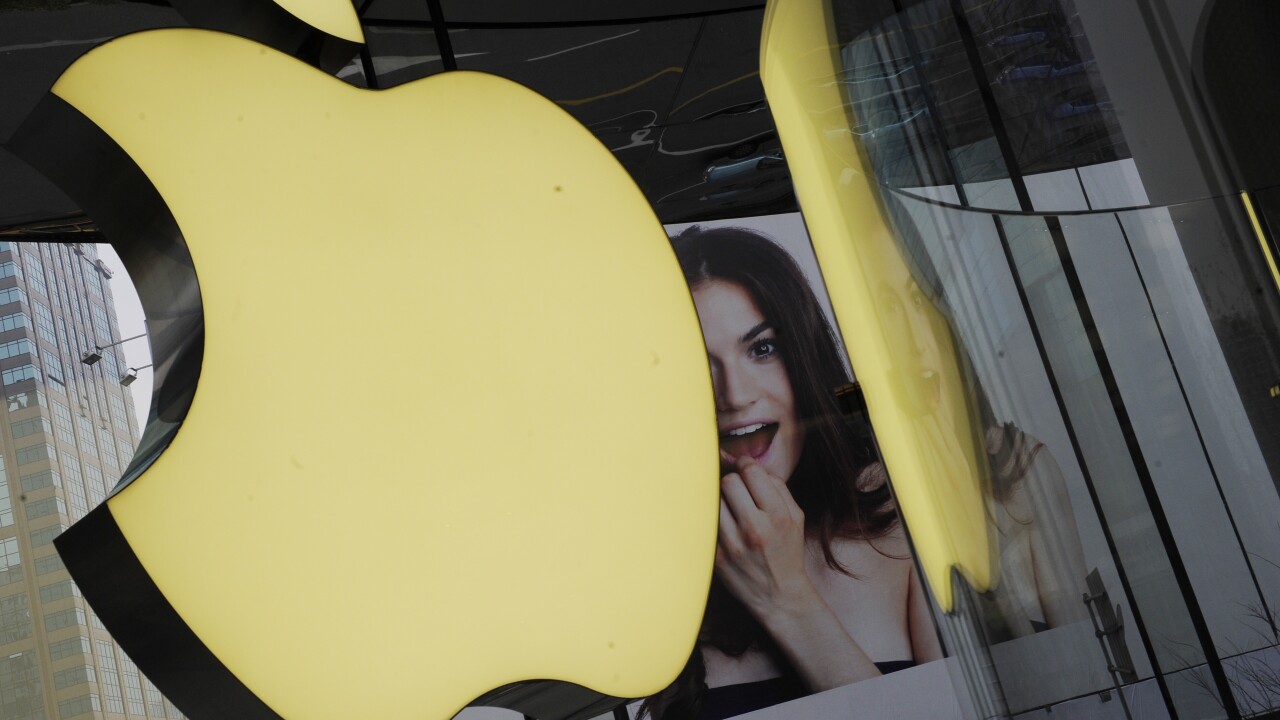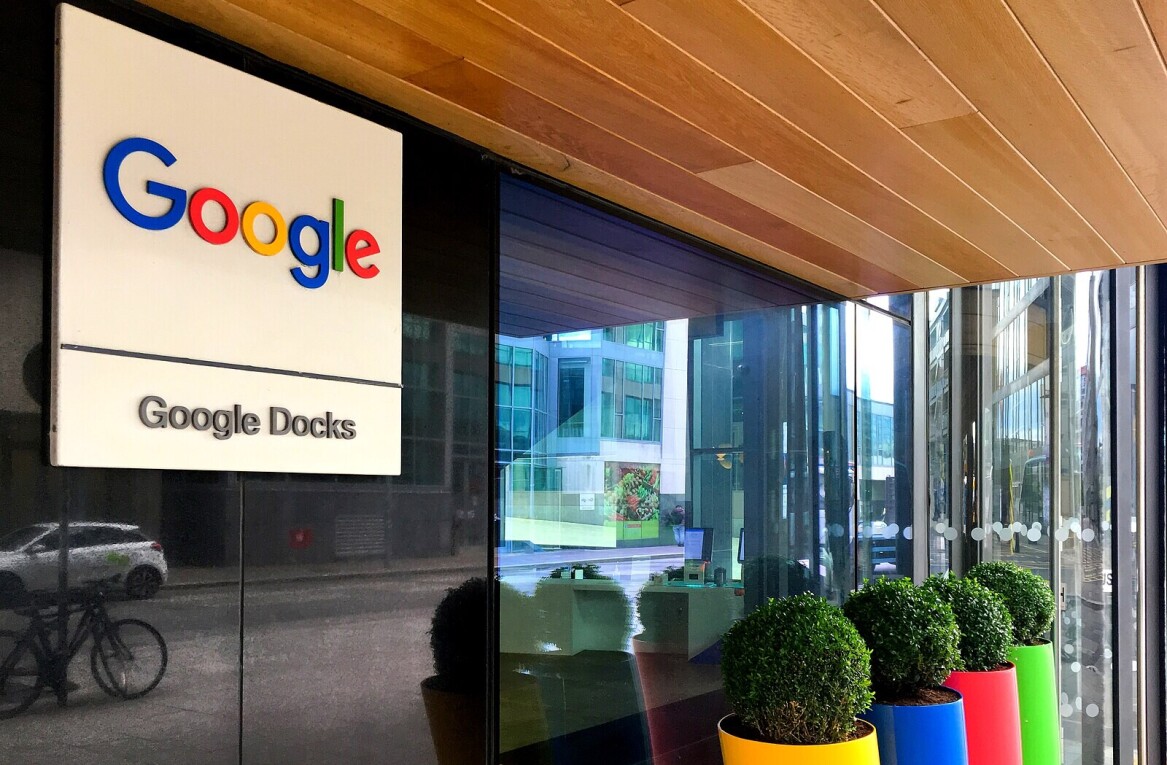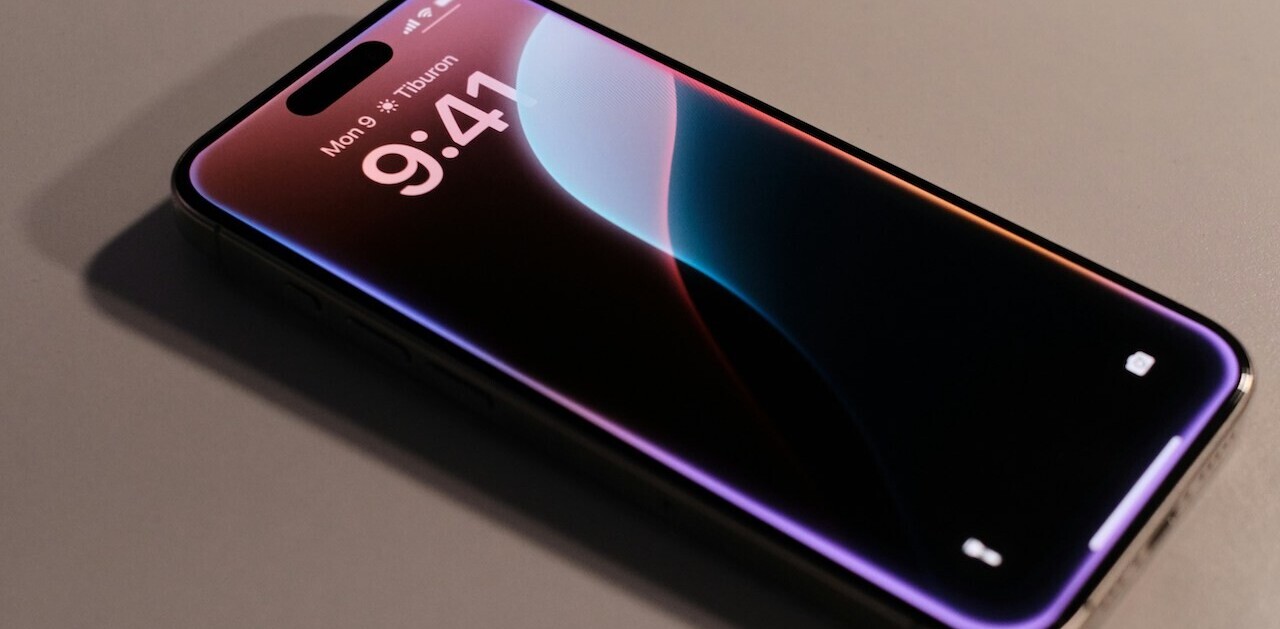
Ambling through customs at London’s Heathrow Airport a couple of months back, the drill learned from countless cavorts to international shores led me to stuff my coat pockets with coins and keys, wallets and phones, before unbuckling my belt and splaying everything across two plastic trays ready for transportation through the magical x-ray machine.
On this occasion I was traveling sans laptop, so there was no need to remove this from my bag, but I did have an iPad mini on me. Surely that’s just a souped up smartphone though, and it can remain inside my hand-luggage, right? Erm, no actually.
A sign stated in no uncertain terms that “iPads and Kindles” must be removed from bags too, and placed alongside other belongings in the tray. I obliged given that, well, my tablet of choice was indeed an iPad. But one thing really stood out here for me – why had they used brand-specific wording in their signage? Did they really mean iPads and Kindles specifically, or were they just using these terms interchangeably to mean tablets and e-readers?
I concluded it was most certainly the latter. But I bet they’ll encounter many more nefarious nit-pickers pointing out their choice of words when being asked post-x-ray to remove their Samsung Galaxy Tab and Kobo from their backpack and put it back on the conveyor belt for round two.
This is, of course, indicative of the market penetration Apple and Amazon have in their respective fields, but should formal bodies such as Heathrow Airport be falling into the trap of assuming that iPads-equal-tablets, and Kindle is synonymous with e-readers? Or does it just not matter when we’re talking about airport security?
Trademark protection
Apple managed to own portable digital music player terminology back in the day, with ‘iPod’ often used to simply mean a portable music player. On more than a few occasions, a friend would utter “great, you can plug it into my iPod dock” in response to me saying I’d brought an MP3 player. No matter how hard you forced it, however, a Creative Zen Vision: M would never quite squeeze in.
Brands becoming synonymous with products is an age-old issue though. Did you know that Jacuzzi is actually the name of the brand, not a type of bubble-ejecting hot-tub? Jacuzzi – the company – has issued guidelines on how to use the product name to help avoid confusion.
“B. Trademarks should not be Used Without an Associated Generic Product Name
Because trademarks are adjectives that identify the source or origin of the product, they should always be used with the correct generic product name for the product item.
Incorrect: Let’s sit in the jacuzzi. We know you will enjoy your Jacuzzi. Correct: Let’s sit in the Jacuzzi® whirlpool bath. We know you will enjoy your Jacuzzi® hot tub.”
So if you own a leisure resort, now you know.
Companies are super-protective of how their brand names are used, because if they’re not, there is a danger that they’ll become genericised – which is when a brand name becomes so closely entwined with a general product or service, that the associated trademark essentially becomes void in a certain country.
While Jacuzzi has managed to retain its trademark ownership, other names you’ll no doubt know haven’t been so fortunate – Aspirin, Yo-Yo, Videotape, Escalator, Hoover and Thermos and many others have all fallen victim to their own success in some countries, meaning that anyone can effectively use the name to describe a similar product.
So while intuitively you’d think that a company would love its brand to be synonymous with the thing it offers, becoming an eponym is in fact dreaded.
Google has long defended its trademark from becoming genericised, and as with Jacuzzi has clearly defined rules on how its trademarks should be used. For example:
“Use the trademark only as an adjective, never as a noun or verb, and never in the plural or possessive form.”
So no more ‘googling’ for you.
Apple too has well-defined trademark guidelines, as you’d expect, because if it didn’t we might end up with an IPHONE-branded Android device in Brazil. Wait a minute…
Then there’s the issue of cybersquatting, which is the practice of registering domain names with the intent of exploiting the ‘rightful’ owners. There are many high-profile examples over the years of tech titans seeking to protect what’s their’s rather forcefully.
For example, Microsoft took umbrage with Canadian teenager Mike Rowe, who had set up a website at the domain MikeRoweSoft.com. The story made international headlines, when in early 2004 Rowe received a letter from Microsoft’s Canadian legal team asking him to hand the domain over, due to its phonetic resemblance to Microsoft.
The company’s subsequent offer of $10 to cover his domain name registration costs was met with a request for a much more substantial compensation request of $10,000. This was thus deemed to amount to cybersquatting and Rowe was issued with a 25-page cease and desist order and a document from WIPO.
However, the negative publicity led to an out-of-court settlement and an acknowledgement that Microsoft had been too aggressive with its trademark defense. To this day, however, MikeRoweSoft.com still redirects to Micrsosoft’s homepage.
But, this was a very interesting case to look at from a trademark perspective. On the one hand, Microsoft probably knew it would receive negative press for targeting a teenager in such a way, but if it didn’t take action then it would weaken its rights in future trademark infringement cases. It may have set a precedent, so it had to pursue.
Mindshare
Companies can only do so much to protect their trademark though. While all the big brands can encourage the public – be it journalists, marketers or airport personnel – to use the ‘correct’ terminology, they can’t do much about the organic uptake of brand names as synonyms of the product or service they represent across society.
Much of the time, people won’t even know that a word that they’re using generically is a brand name. And even if they do know, they don’t see it as an issue – and perhaps rightly so. But when a company has gained so much mindshare that people genuinely don’t know the difference, this is when things could go wrong and trademarks become meaningless. But how real a threat is this for today’s tech titans?
While Amazon, Apple, Google, Microsoft et al defend their trademarks aggressively, it’s for this very reason that you won’t be likely to see an HTC Kindle or Motorola iPad any time soon. They preemptively work to ensure nobody could successfully argue that their brand names are ‘generic’ and thus fair game.
But over and above this, while they may hold significant mindshare in their respective fields, they don’t hold exclusive mindshare by quite some distance. The iPad may be the single most popular tablet, for example, but the sum total of all its competitors still amount to more.
However, it’s still a telling sign (if you’ll pardon the pun) of just how successful the tech giants have been with their respective products, when you’re asked to take brand-specific gadgets out of their cases when traveling through customs. I just wouldn’t fancy your chances trying to argue your point with officials – so if you ever see such a request, push your inner pedant to one side and do the right thing.
Feature Image Credit – PETER PARKS/AFP/Getty Images
Get the TNW newsletter
Get the most important tech news in your inbox each week.




